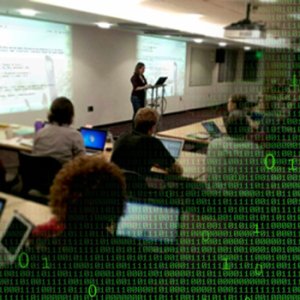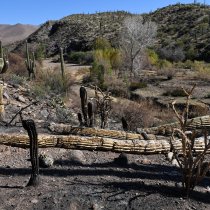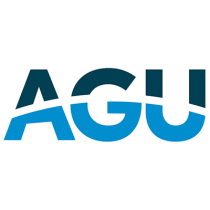Got spatio-temporal data skillz? Join NEON’s data skills hackathon
June 12, 2015
The National Ecological Observatory Network (NEON) is hosting a 3-day lesson-building hackathon to develop a suite of NEON/ Data Carpentry data tutorials and corresponding assessment instruments. The tutorials and assessment instruments will be used to teach fundamental big data skills needed to work efficiently with large spatio-temporal data using open tools, such as R, Python and postgres SQL.
Apply now (deadline: Aug 17, 2015 midnight MST). Learn more here.
A hackathon to develop spatio-temporal data tutorials
The goal of the hackathon is to develop lessons that teach methods for working with spatio-temporal data. The group will identify teaching needs and address technological gaps by building tutorials and supporting materials. Materials developed during this hackathon will be openly licensed under Creative Commons and may be taught in multi-day NEON/ Data Carpentry workshops, adapted for classroom use and repurposed for self-paced online tutorials. Topics to be developed may include:
- Automating big data workflows to increase efficiency
- Use of data formats such as HDF5 that support large, heterogeneous data
- Working with metadata to support automated workflows
- Key tools, libraries and concepts needed to automate NEON data and spatial data workflows in platforms like Rstats and python
- Tools and methods for big data visualization
Assembling scientists, educators and developers
The NEON hackathon will assemble a diverse and interdisciplinary group of scientists, educators and developers with various levels of data analysis, visualization and management experience and expertise, including applicants with expertise in bioinformatics. The organizing committee includes:
- Leah Wasser, NEON
- Tracy Teal, Data Carpentry
- Mike Smorul, SESYNC
- Jason Williams, Cyverse
The advantage of big data skills for science
NEON is a continental-scale observatory network that provides standardized, integrated, high-quality ecological data to support ecological understanding and forecasting. However, working with spatio-temporal NEON data requires a unique set of skills that are not typically taught in science curricula. Advantages of data skill training include:
- Learning to work with spatio-temporal datasets that contribute to large-scale ecological research and understanding
- Efficient and automated research workflows
- Improved accuracy of analysis conclusions


